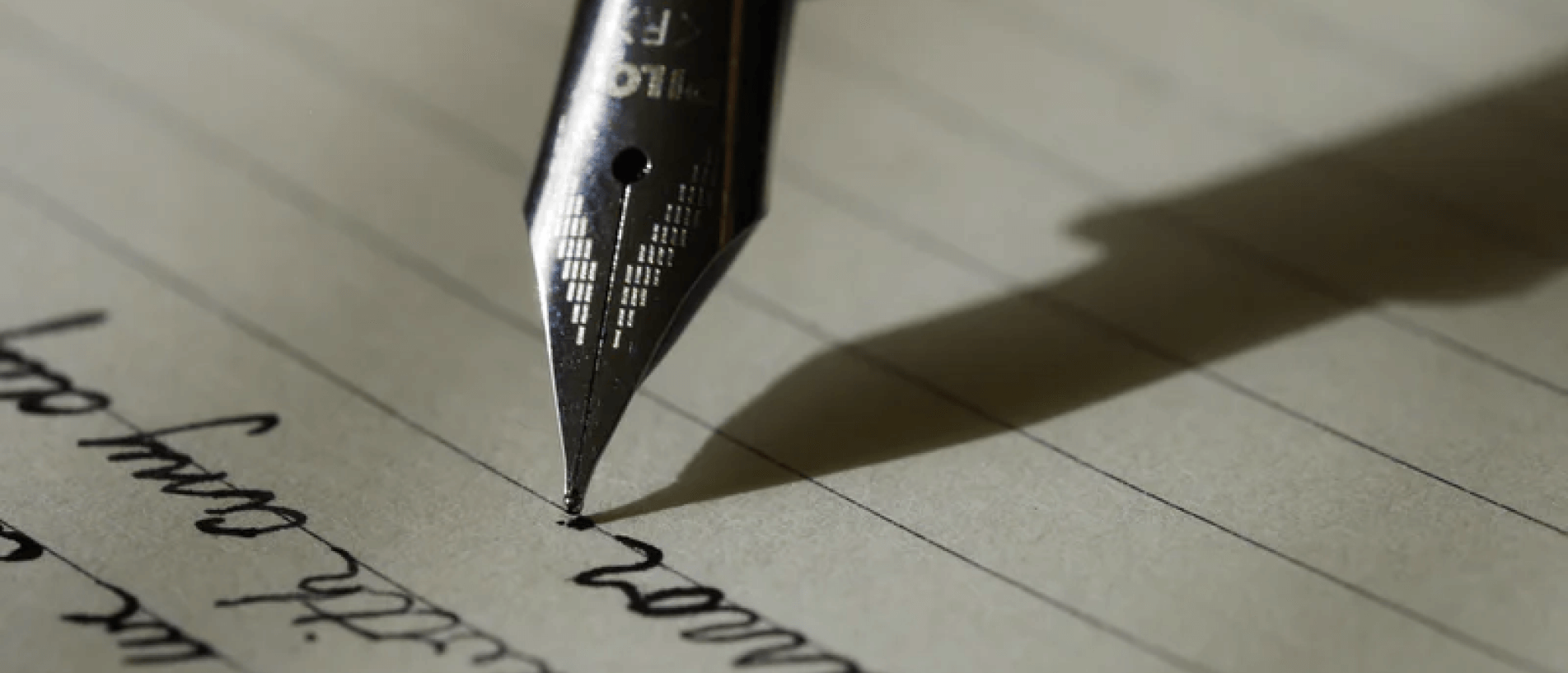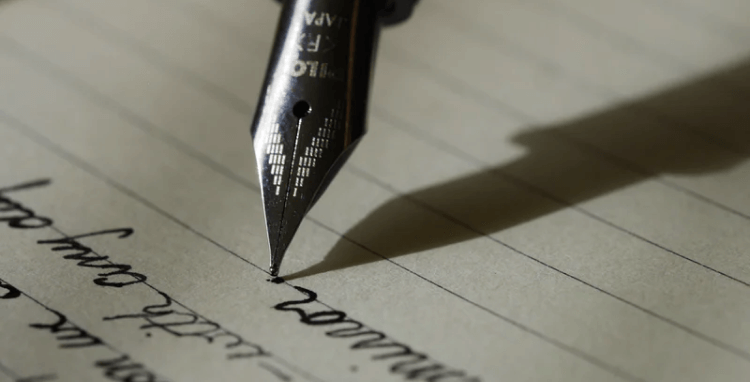

Previous Page >> 4 Communication Lessons From Hillary Clinton In The First US Presidential Debate
4 Communication Lessons From Hillary Clinton In The First US Presidential Debate

The first presidential debate on 26 September was widely watched all over the world, with more than 80 million viewers tuning in from the US alone. I was in Dubai on that day and made sure I woke up at 4am to watch Donald Trump and Hillary Clinton slug it out. Whatever the opinion poll numbers and whatever Donald Trump may proclaim, one thing was clear: Hillary Clinton won the debate. If I could sum it up in one sentence, it was the victory of the prepared over the unprepared. The billionaire real estate mogul and reality TV star known for his snappy repartees seemed to have been taken off guard. This is despite the fact that Hillary Clinton had more than one Achilles heel (the private e-mail system, Benghazi etc)—Trump could not trip her over these because he was not prepared.
If I could sum it up in one sentence, it was the victory of the prepared over the unprepared.
The Hofstra event provided some great lessons on communication in a high-voltage, high stakes environment where making sure outcomes are in your favour does matter. These can happen in various contexts, for example board presentations, job interviews, discussions with union leaders, sales presentations, business reviews, conversations with difficult colleagues etc.
When we are in such situations, it might be useful to draw communication lessons from the first presidential debate.
Wear your calm
However stressful the situation may be, never let it show on your face. Both Trump and Clinton were performing under pressure in an event that could influence undecided voters. However, Hillary made sure she didn’t let the stress affect her demeanour. She smiled often and was never visibly rattled by Trump’s attacks.
On the other hand, Trump looked taken aback when Hillary went for the jugular. One could see a range of emotions on his face—anger, aggravation, irritation, agitation. His facial gymnastics, in fact, were downright amusing to watch. While his supporters would say that this reflects his genuineness and openness, most voters want a President who is balanced and not unsettled easily by challenges and confrontations.
So, how does one achieve a calm demeanour before a high-stakes communication event? This is a mind game and has to be achieved through practice. Just before the event, it helps to close one’s eyes, take a deep breath, shun all distractions and gather focus before getting into the discussion.
Prepare for all likely questions
Just because one has expertise in a certain area does not mean that preparation is not needed. Trump seems to have not realized this. Since he was a successful reality TV star and zoomed his way through the primaries, he thought he would be able to respond to questions with ease. However, he clearly did not come across as prepared as Hillary. She had ready answers that she used at various places. For example, when Trump mentioned her being away from campaign trail, she said she was preparing for the debate. She also said: “You know what else I did? I prepared to be President.” Again, when there were questions from Trump about stamina she mentioned that he should not talk about it until he’s tried to maintain the kind of busy schedule that she did as Secretary of State.
Donald Trump said 34 false things, while Hillary Clinton just made four incorrect claims… he thought he could bullshit his way through the debate.
Contrary to this Trump seem to be taken aback by Hillary’s mention about Alicia Machado. He also did not have a convincing response for queries about his tax returns or his temperament. As a matter of fact Donald Trump said 34 false things, while Hillary Clinton just made four incorrect claims. This also indicates that Trump was not prepared and thought he could bullshit his way through the debate.
However familiar one may be with one’s content it always helps to prepare. My recommendation is to make an inventory of all topics that could come up for discussion and prepare a list of likely questions and their answers.
Achilles’ heels: Don’t get provoked
Donald Trump took every bait thrown by Hillary Clinton and went on the defensive. He spent quite a bit of time responding to questions such as his support for the Iraq war or his father’s business or his tax returns. Hillary, however, was a far more slippery fish. For example, when Trump attached her on the email saga, she was brief and said she was taking responsibility for the mistake. Trump could not get any more mileage from the matter.
Remember, each one of us has an Achilles heel or two. But the art of communication is making sure one does not get wrapped in lengthy discussions around them.
Talk like the person that you are expected to be
It’s important that in any communication you talk in a way that fits the role you’re supposed to be playing. This was a presidential debate and Hillary made it a point to sound presidential. For example, when there was a conversation about the US standing for allies, Trump said he would stand for those who pay the US. Here Hillary sounded presidential when she said:
“Let me start by saying words matter. Words matter when you run for president, and they really matter when you are president. We have mutual defence treaties, and we will honour them. It is essential that America’s word be good. And so I know that this campaign has caused some questioning and some worries on the part of many leaders across the globe. I’ve talked with a number of them. But I want to, on behalf of myself and, I think on behalf of a majority of the American people say that, you know, our word is good. It’s also important that we look at the entire globe situation.”
During the entire debate Hillary Clinton appeared more presidential than Donald Trump. So if you are CEO addressing a press conference or board meeting, demonstrate the all the required confidence that one expects of the role you’re in, even if there are uncomfortable questions.










